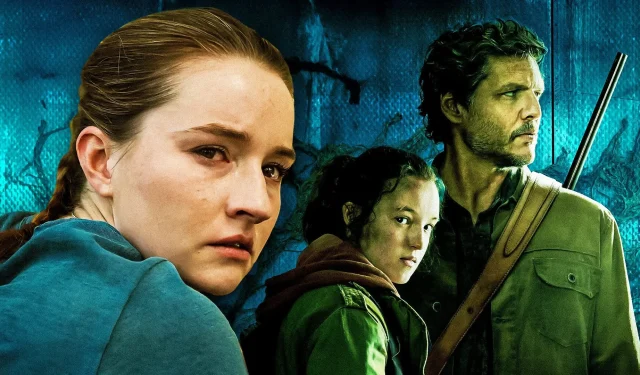Warning: This article contains spoilers for The Last of Us Part II. The latest developments surrounding The Last of Us Season 2 have sparked discussion, particularly regarding the casting of actress Kaitlyn Dever as Abby Anderson. While some critics argue that Dever lacks the muscular build typically associated with Abby’s formidable presence in the game, this controversy may actually indicate a refreshingly different direction for the HBO adaptation. As the series embarks on the complex nonlinear journey of the second game, fans will meet Ellie’s main adversary, Abby—a character renowned for her strength and tenacity.
Co-showrunners Neil Druckmann and Craig Mazin have recently defended their choice, emphasizing that limiting their search to only physically imposing actors would have constrained their options. Druckmann noted that focusing solely on finding someone who visually fits Abby’s muscular image could lead to overlooking a strong emotional fit for the role. Their decision suggests that Dever’s casting, rather than being controversial, is a thoughtful approach to character development.
A New Take on Abby: Physical Vulnerability
Rethinking the Dynamic Between Ellie and Abby
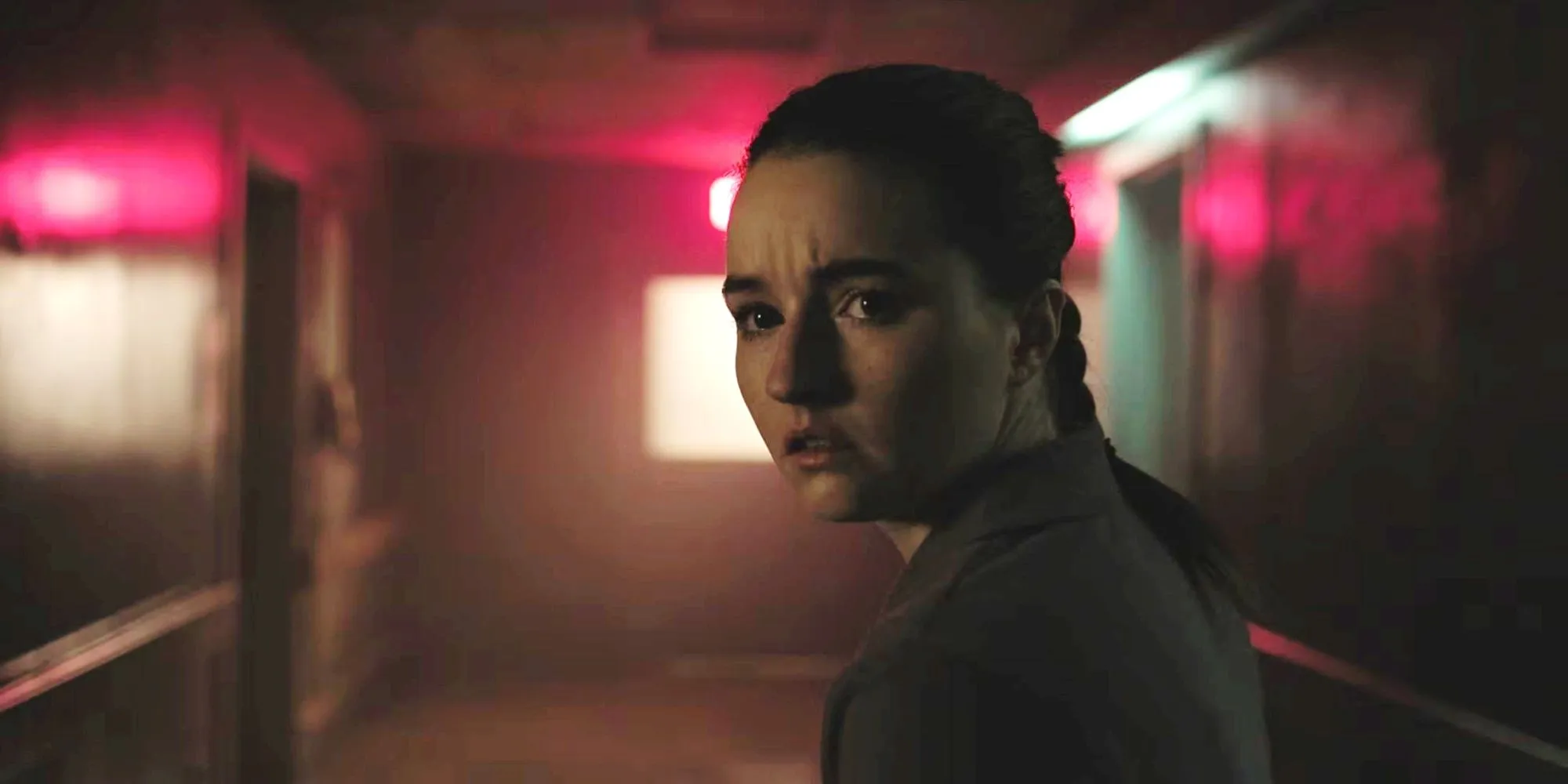
In the game, Abby’s intense training and powerful physique illustrate her obsession with vengeance against her father’s killer. This aspect of her character serves not just as a narrative device but also influences gameplay, contrasting her aggressive, confrontational style with Ellie’s stealthy and agile approach. The upcoming season aims to deepen Abby’s character by portraying her as “physically more vulnerable,”while maintaining a spirit that is “stronger,”according to Mazin.
This shift allows the series to draw intriguing parallels between Abby and Joel. Just as Joel became a protective figure for Ellie, Abby’s nurturing relationship with Lev and Yara reflects similar themes of guardianship and sacrifice. However, the showrunners are reportedly focusing more on the connections between Abby and Ellie, highlighting their shared motivations rooted in their pasts.
Transforming Abby for the Screen: Not Just a Game Copy
Why Adaptation Matters
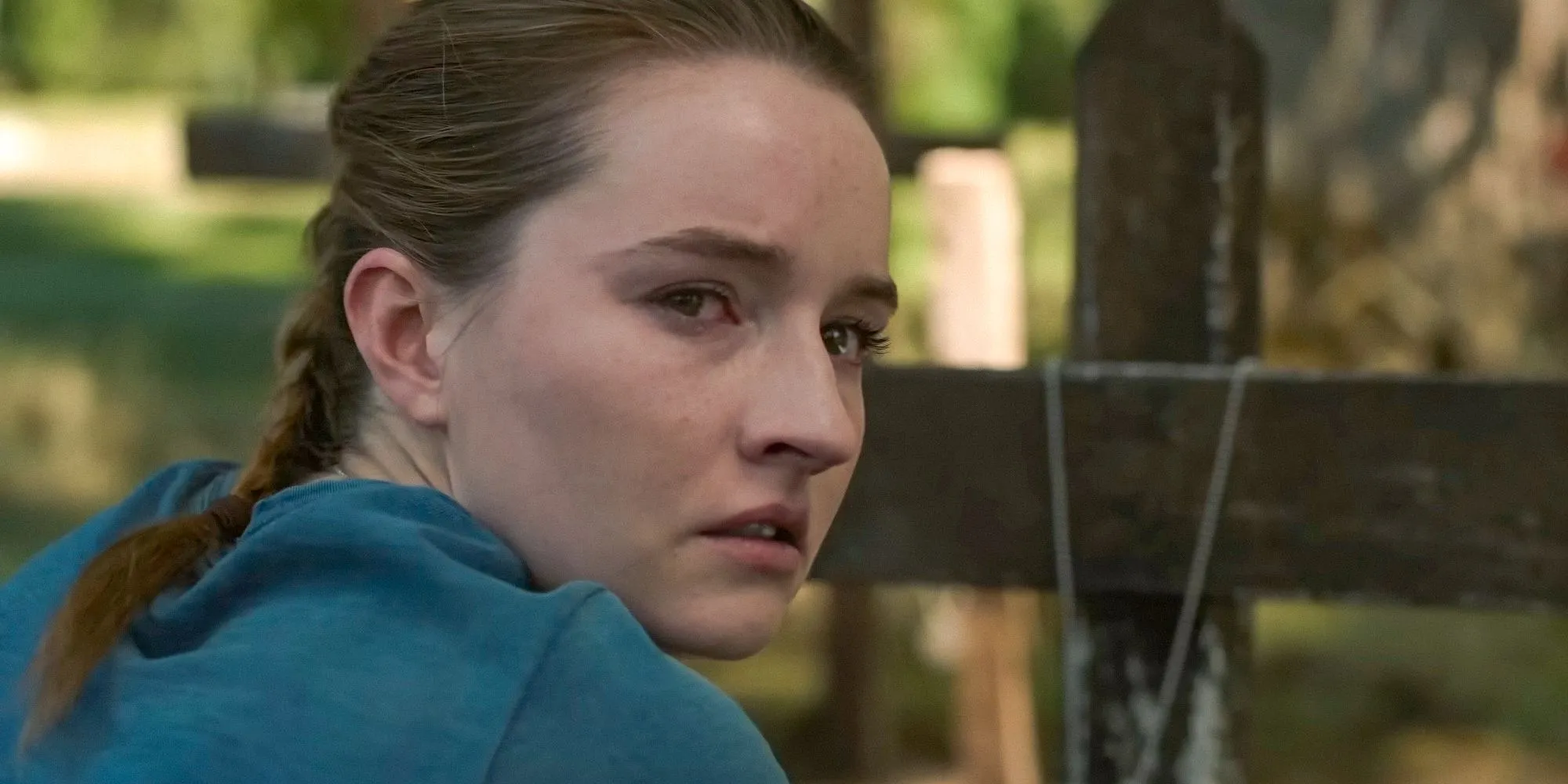
By reinterpreting Abby’s character, The Last of Us Season 2 strives for a narrative evolution rather than a mere replication of the video game. TV storytelling often demands a deeper emotional connection, and this adaptation has already demonstrated a willingness to alter character traits for resonance with audiences. The first season redefined Joel, presenting him as a more vulnerable figure rather than just a ruthless survivor, which fits the smaller screen dynamics.
While Abby’s gameplay prowess offers thrills in a video game setting, such brute force may falter outside of interactive entertainment. With TV narratives requiring nuanced human connections, adapting the characters for emotional relatability becomes essential. This approach promises to cultivate a more exciting experience than a simple cut-and-paste job from the game.
Complex Narratives: Room for Different Interpretations
Diving into the Depths of The Last of Us Part II
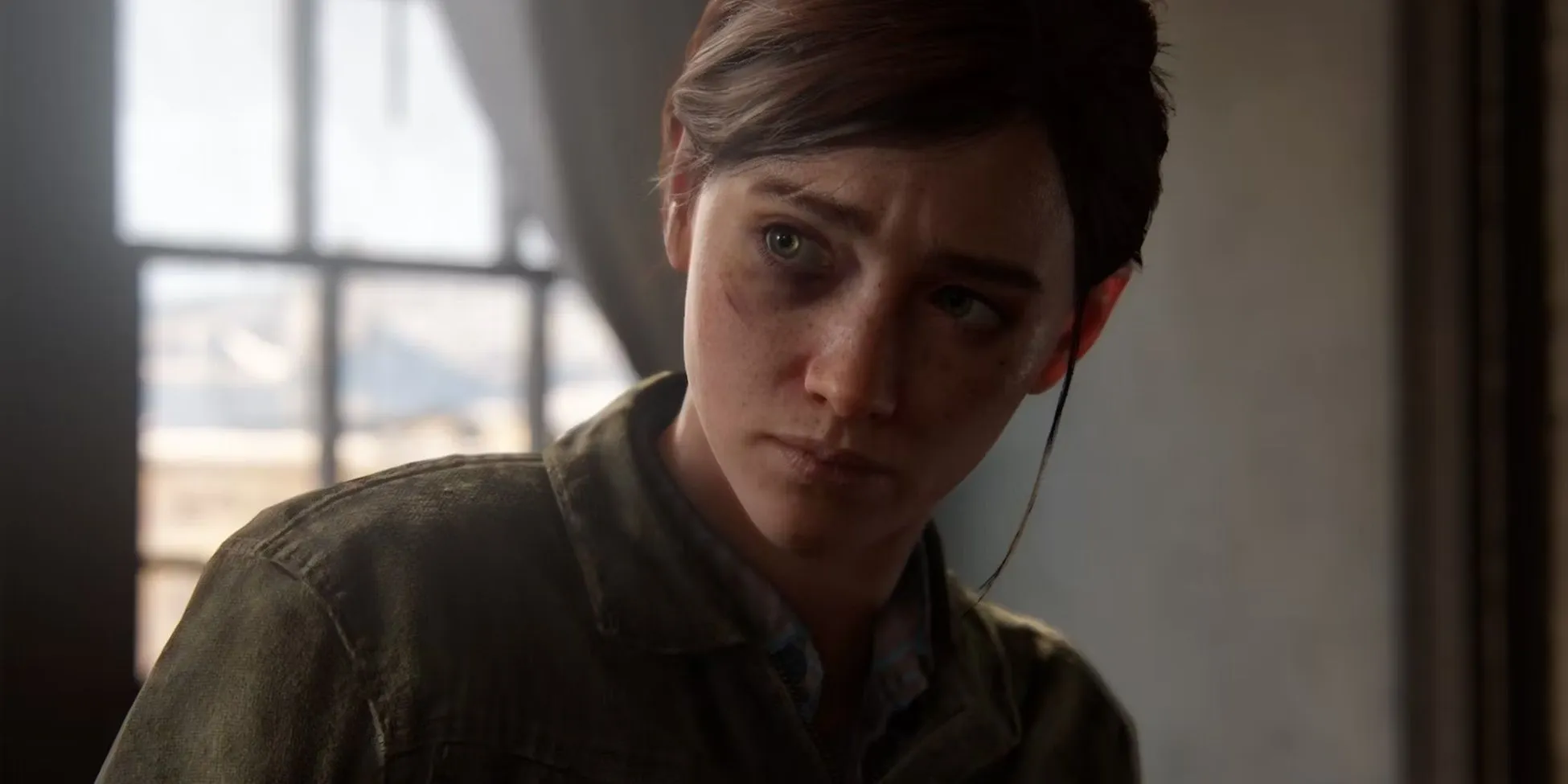
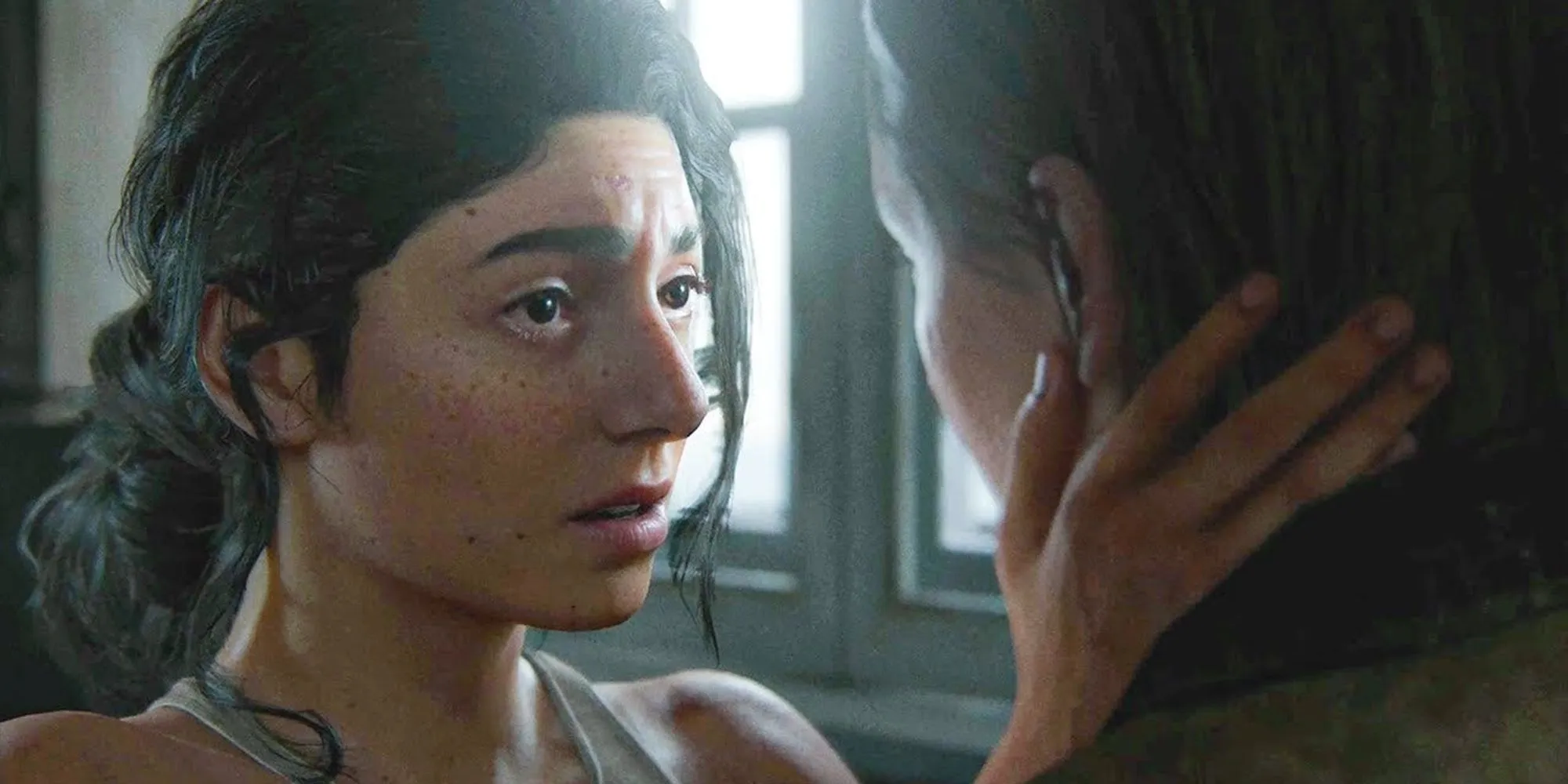
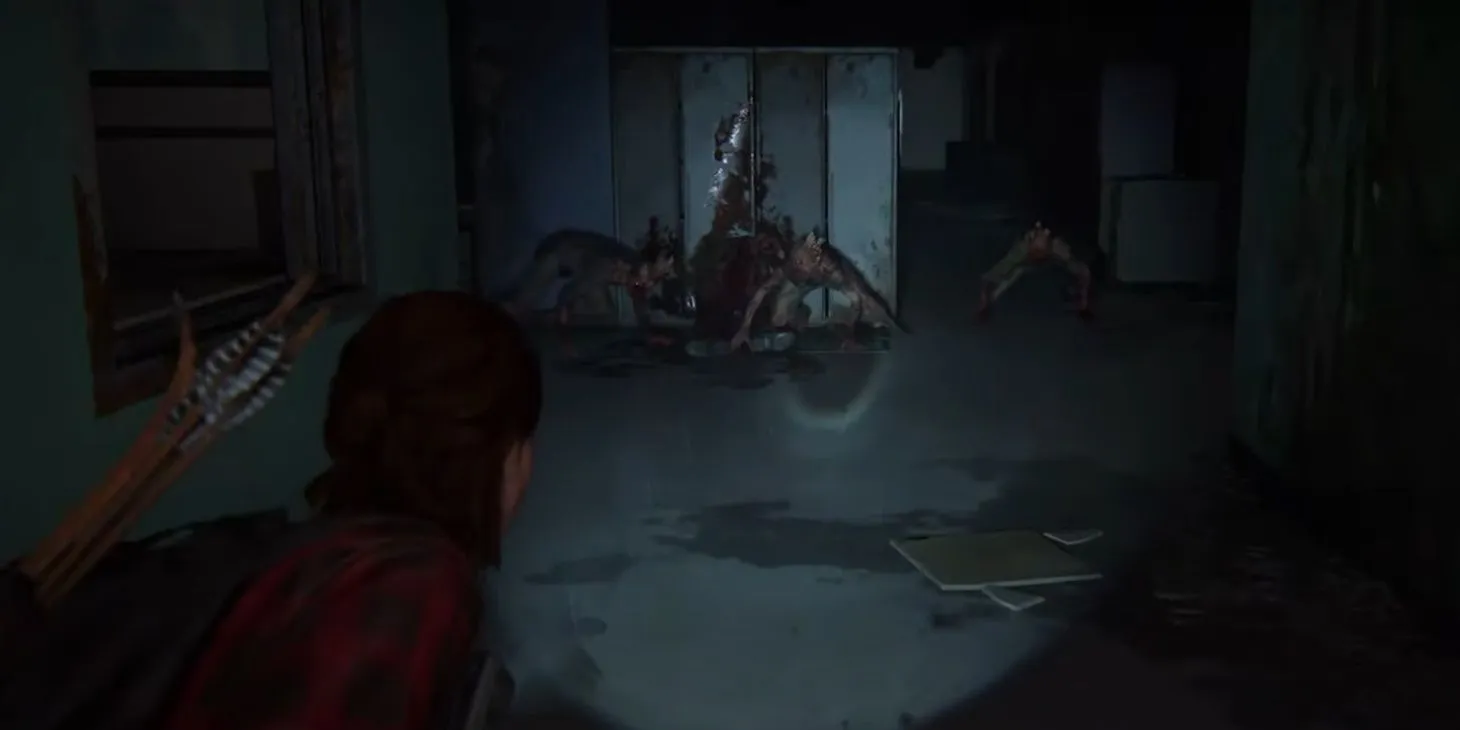
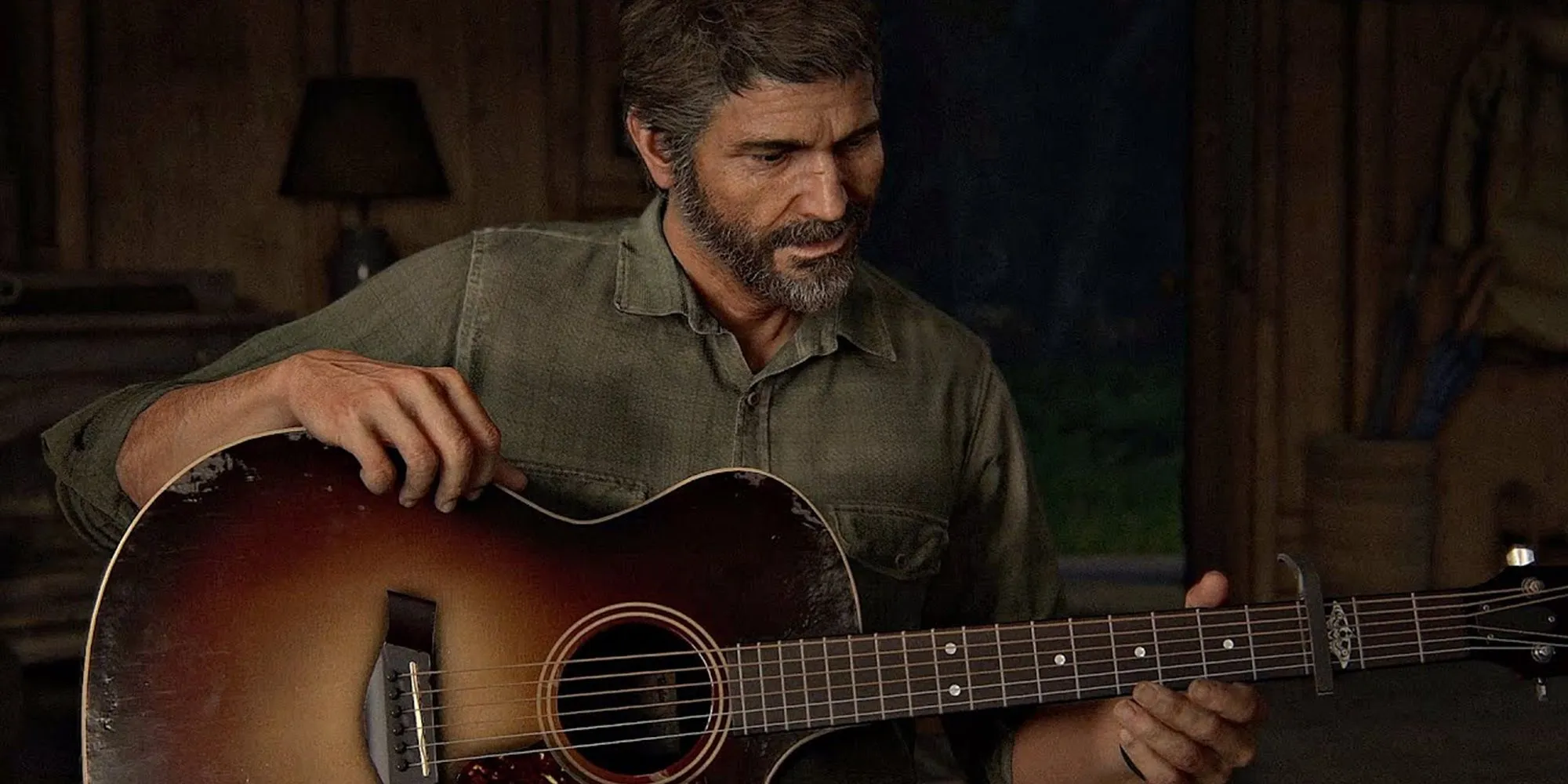
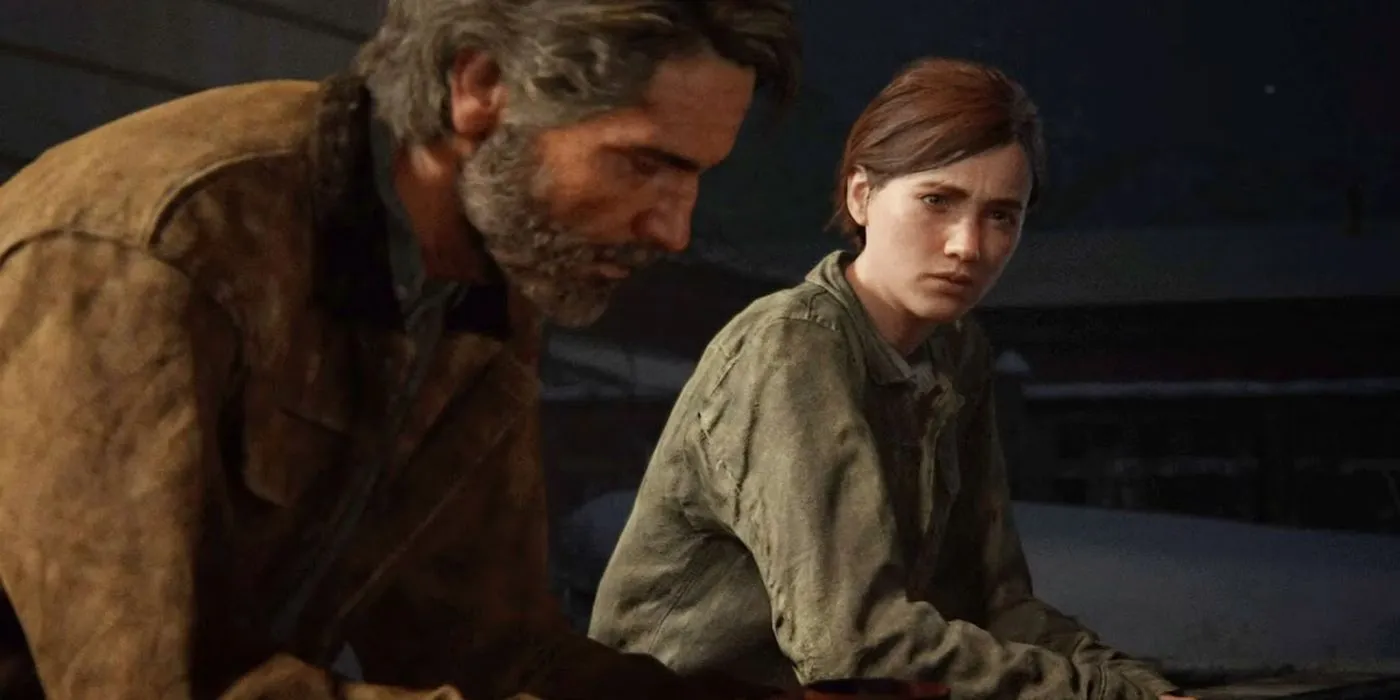
Unlike the first game, which follows a straightforward linear narrative, The Last of Us Part II boasts a rich complexity that invites multiple interpretations, making the series ripe for innovative storytelling. The narrative intertwines themes of revenge and redemption, showcasing how Ellie and Abby navigate their respective journeys after deep personal loss. With a cast of seasoned writers, including Halley Gross and Bo Shim, the series appears committed to exploring these layers thoroughly.
The dynamics between characters, particularly the evolving relationship between Ellie and Abby, can diverge significantly from the game. Their paths may intersect in unexpected ways, allowing for deeper explorations of morality and consequence. The ambiguity of Abby’s reaction to Joel’s demise offers rich ground for reinterpretation, showcasing the emotional fallout from their actions instead of simply replicating plot points from the game.
The Positive Impact of Casting Kaitlyn Dever
A Strong Choice for Abby
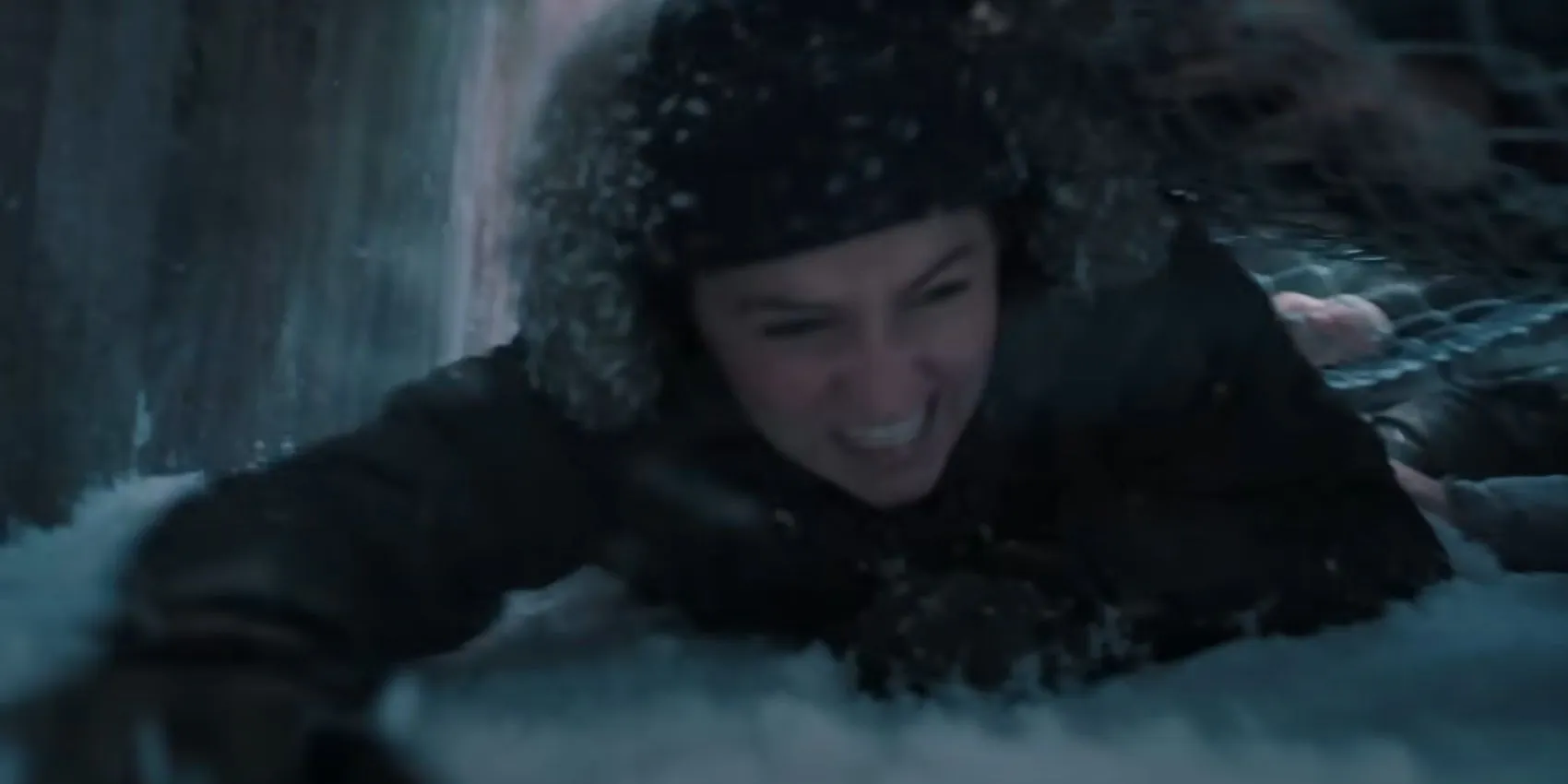
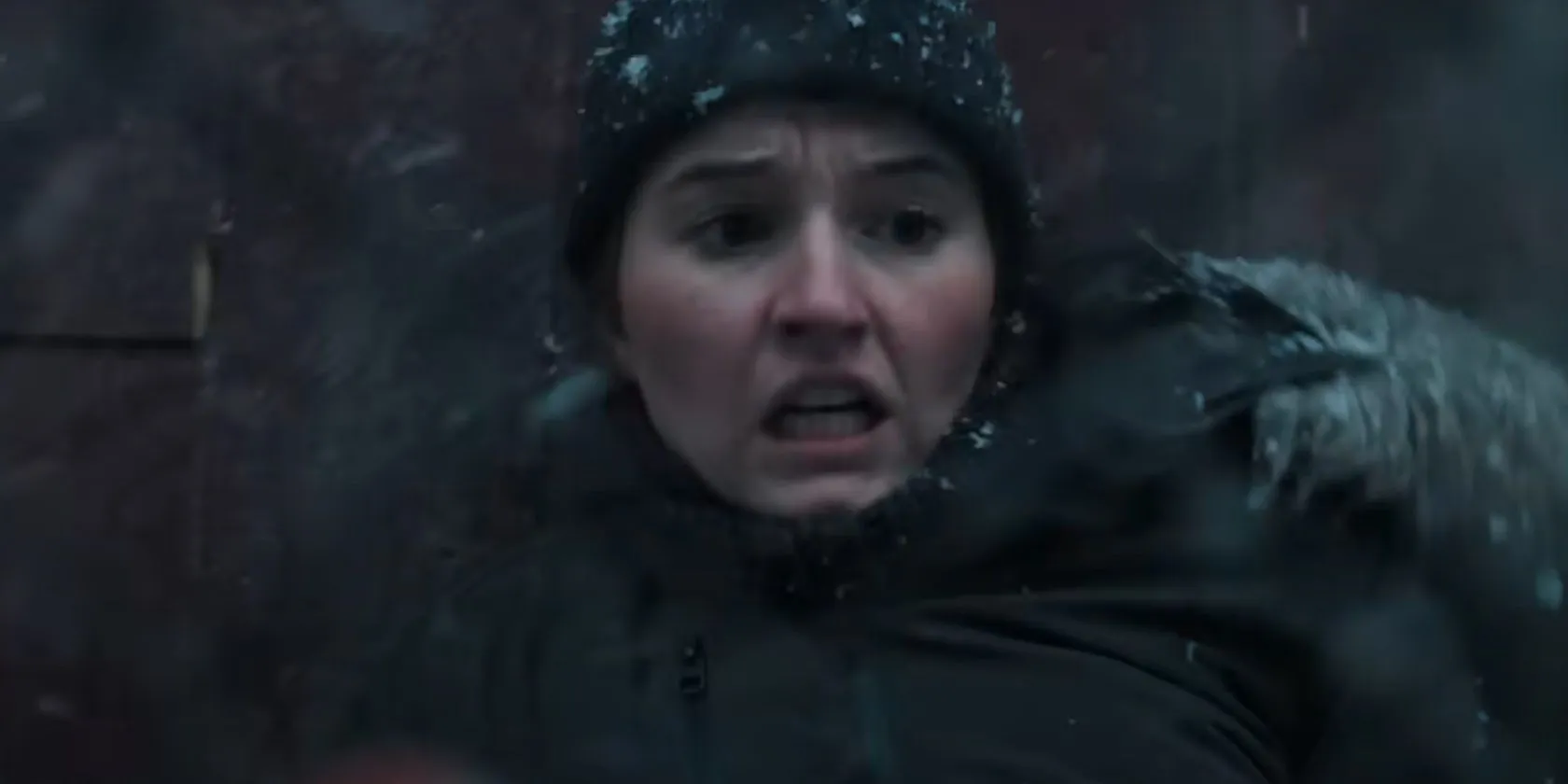
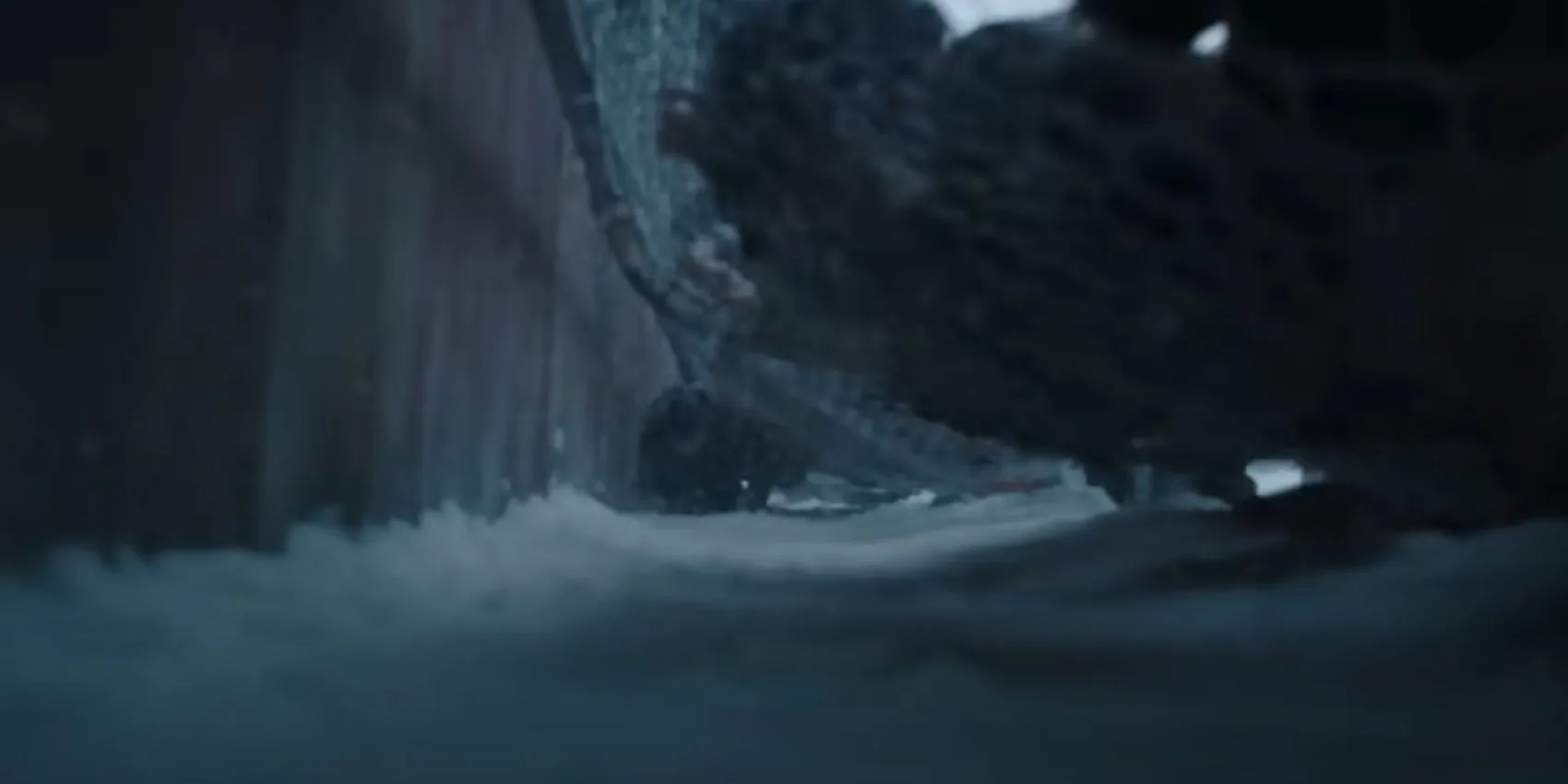
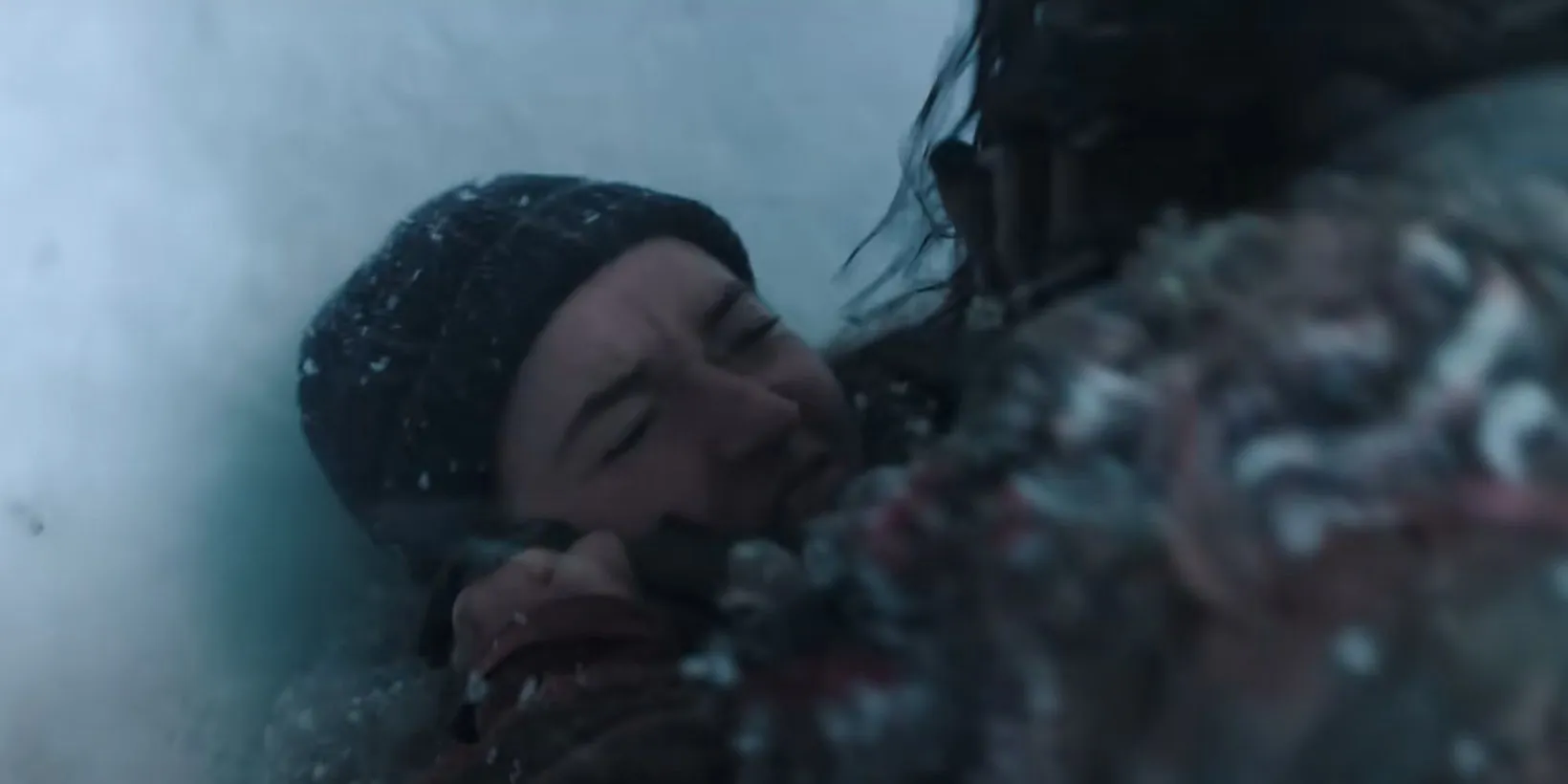
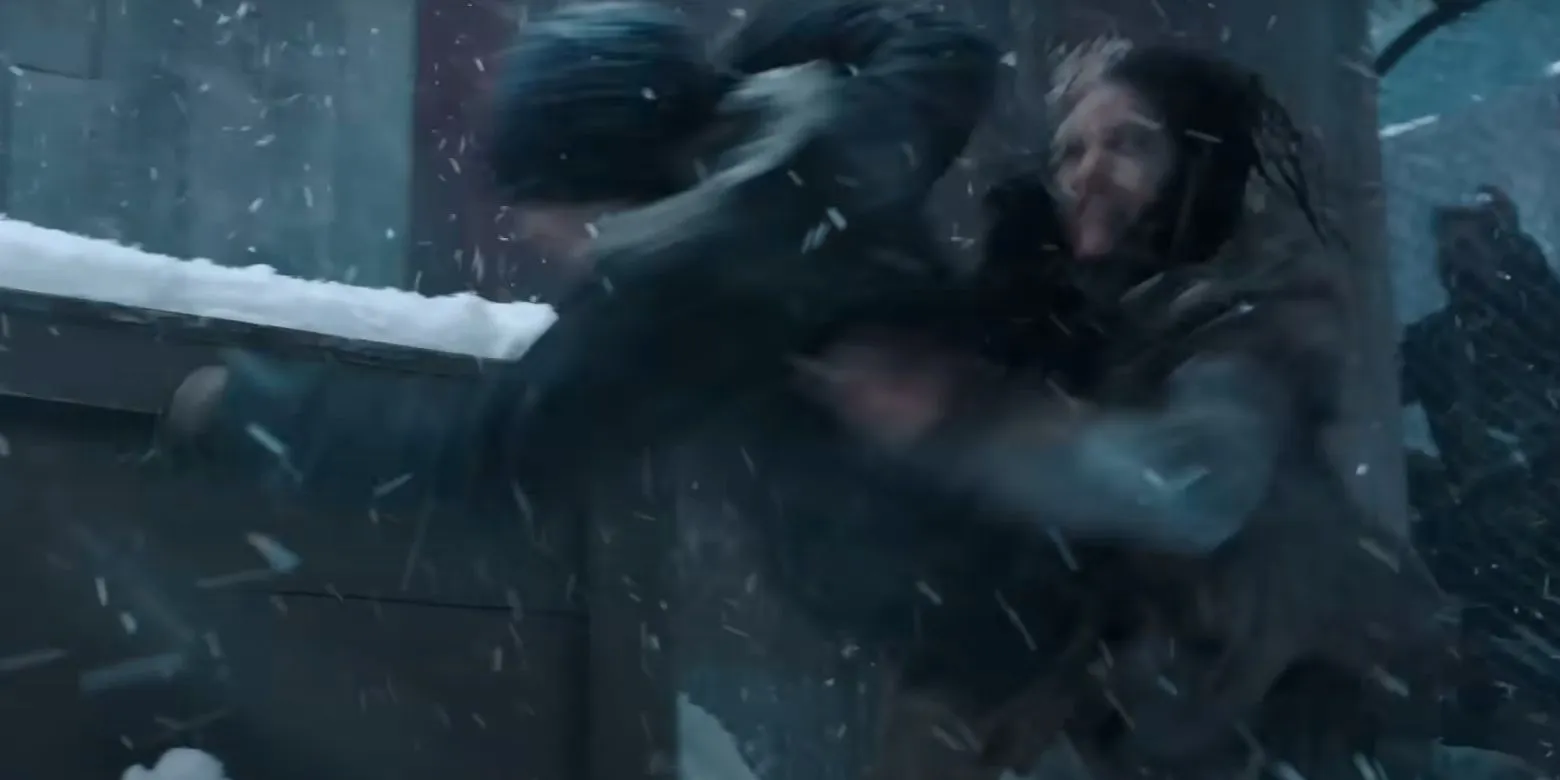
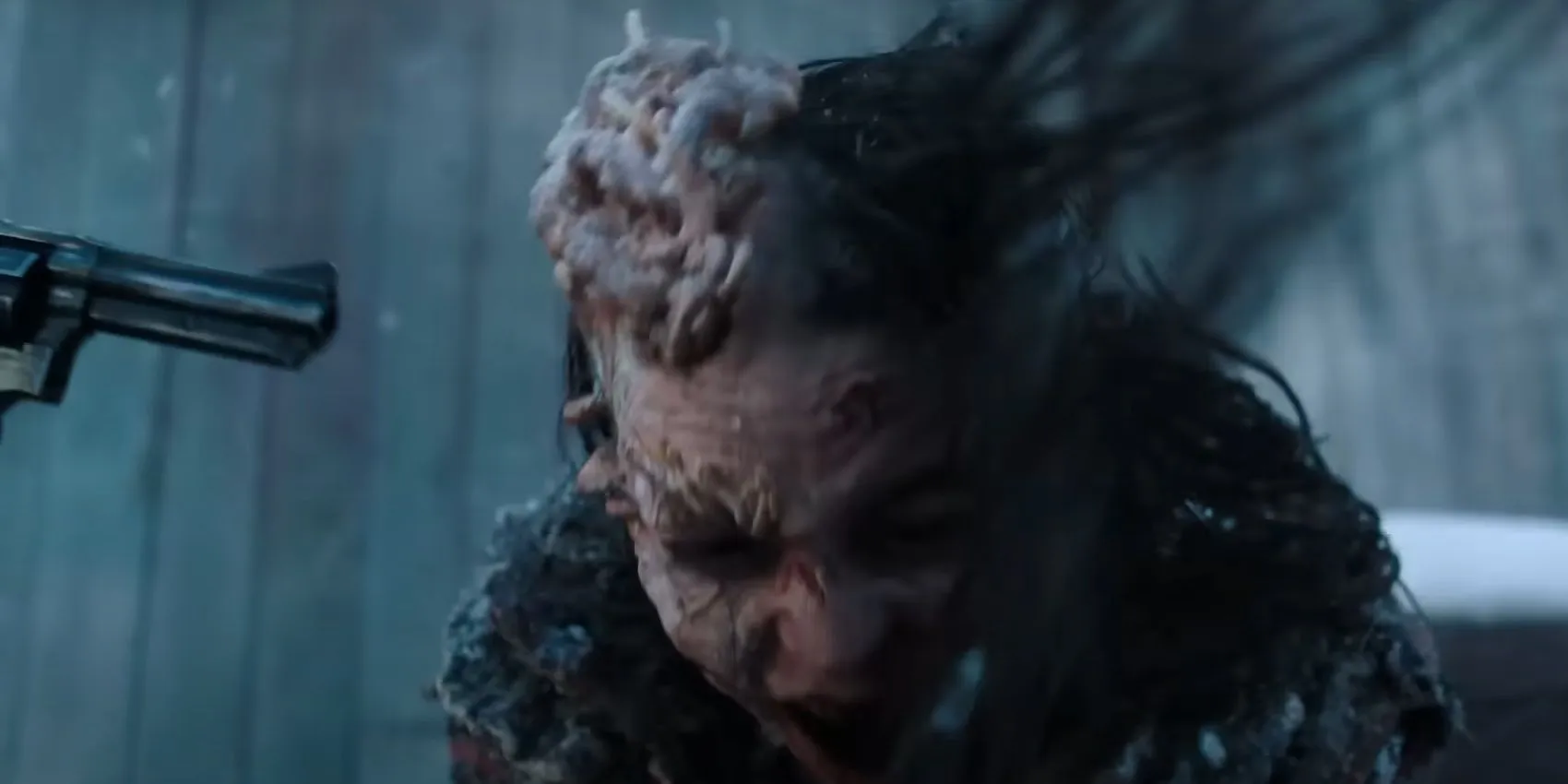
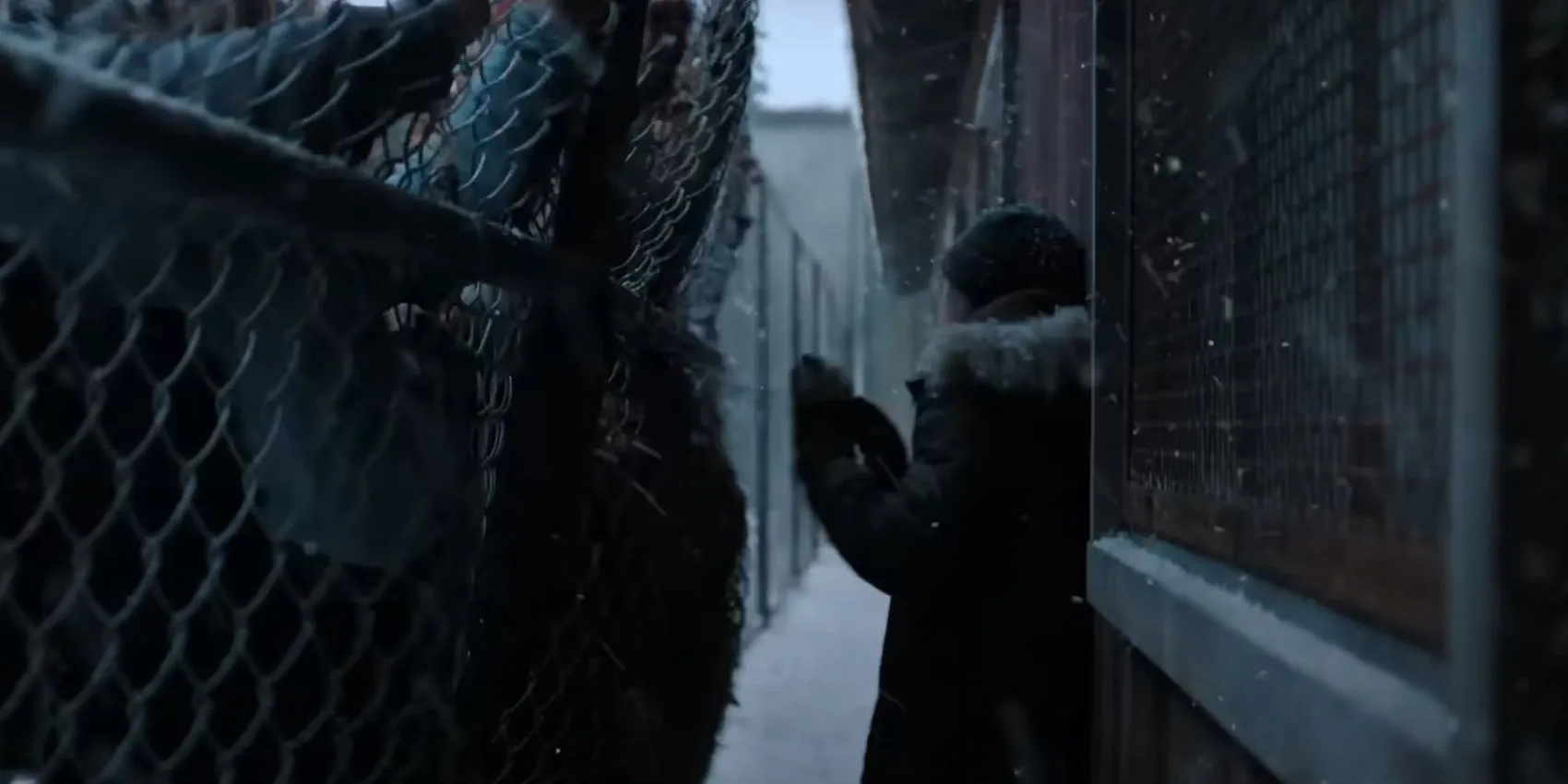
Kaitlyn Dever has demonstrated her ability to embody complex characters in previous works like Short Term 12 and No One Will Save You. Her experience equips her to navigate the dark depths of Abby’s character skillfully. Interestingly, she was previously a fan-favorite choice to play Ellie, so casting her as Abby blurs the lines between these two characters, emphasizing their shared struggles and motivations more clearly than the game portrayed.
The Evolution of Ellie & Abby’s Relationship
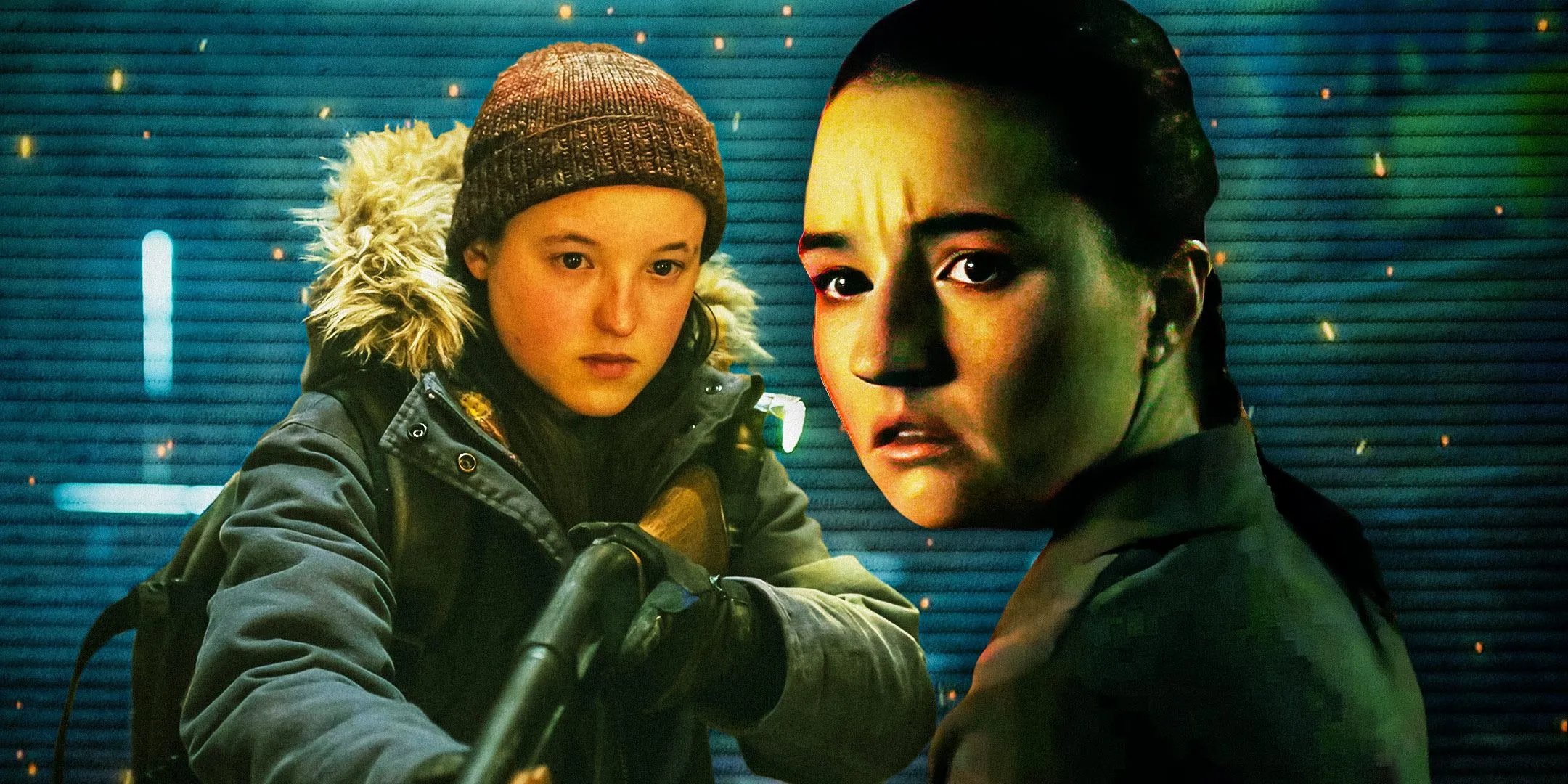
While The Last of Us primarily revolves around the father-daughter relationship between Joel and Ellie, the narrative is poised for a significant shift. With Joel’s character facing critical developments, the focus will inevitably turn to Ellie and Abby as the story progresses. Their experiences with loss, grief, and vengeance create a rich tapestry for storytelling, making their relationship potentially the core of subsequent seasons.
The parallels in their motives highlight deep emotional bonds that warrant exploration, suggesting that Ellie’s and Abby’s arcs may become the most crucial aspect of the series moving forward. Moreover, the alterations made to Abby’s character may foster a stronger connection between the two women, prompting viewers to engage with their evolving dynamic in profound ways.
As Druckmann has hinted at a different dynamic between Abby and Ellie than that presented in the game, fans can anticipate a nuanced depiction of relationships in the upcoming season. The tension and complexity surrounding these two characters are bound to make for captivating television that expands beyond the limits of the original game.
